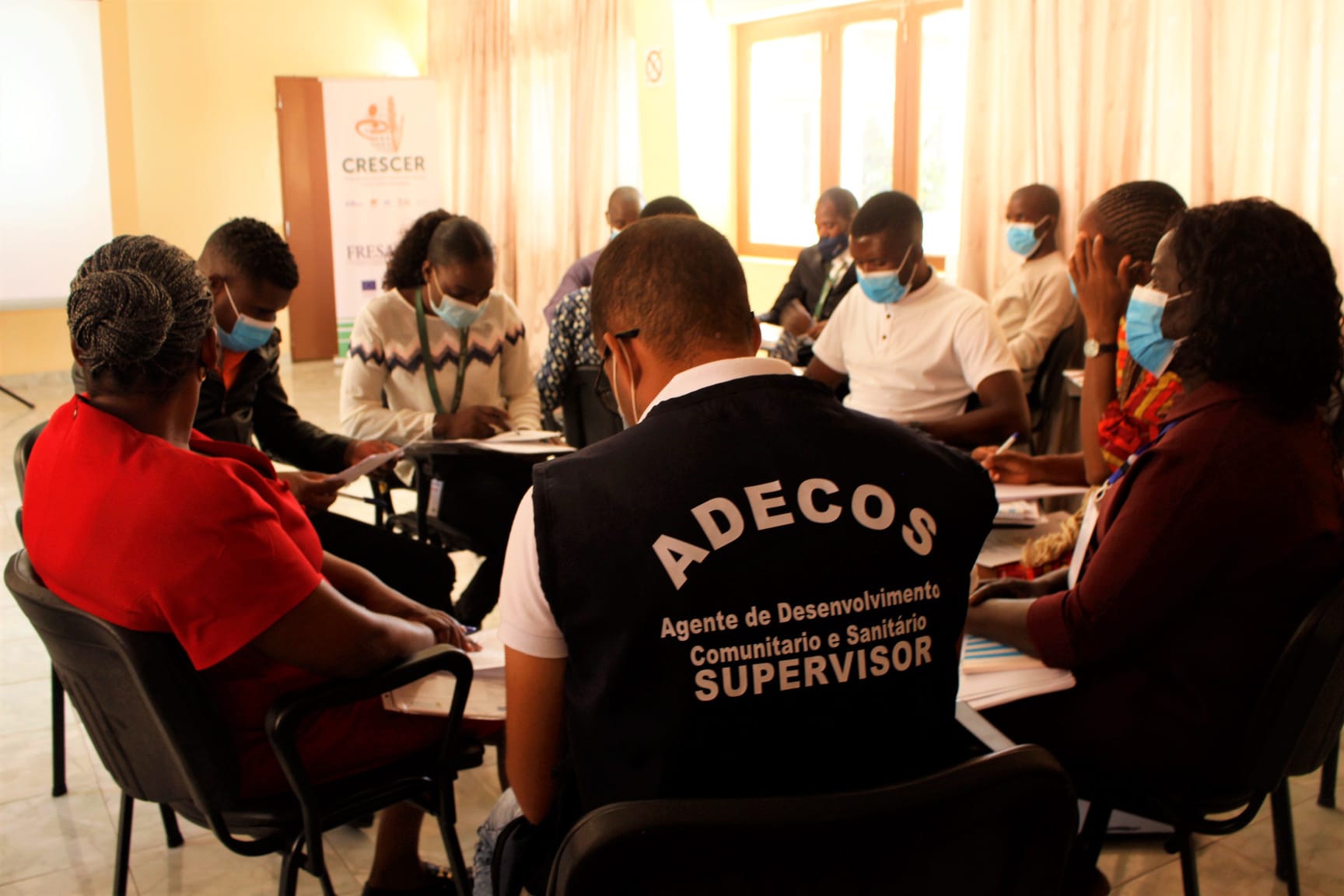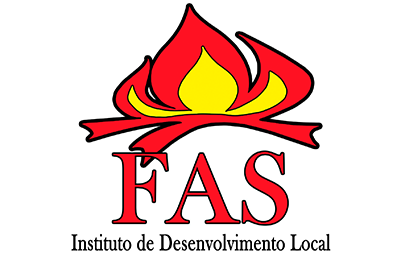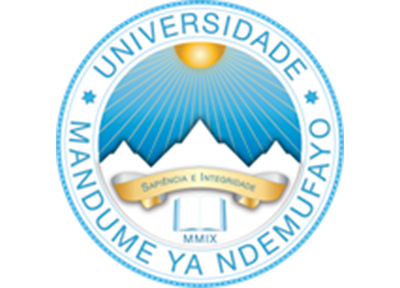VHIR, 15/04/2021
The Vall d’Hebron Tropical Medicine and International Health Unit leads an international consortium made up of a series of academic and research institutions, Angolan and Spanish, with the aim of generating evidence to help fight chronic malnutrition.
This consortium is made up of the Vall d’Hebron Research Institute (VHIR), the National Center for Tropical Medicine of the Carlos III Institute, the Universidad Mandume ya Ndemufayo in Lubango, the Fondo de Apoio Social of Angola and the NGO Acción Contra el Hambre. And the project, called CRESCER, responds
to a call made by the European Union with the commitment to stop malnutrition in children and reduce mortality of children under five and consists of an endowment of 7 million euros.
The interventions that will be developed within the framework of the CRESCER project aim to reduce the main factors that cause a delay in development and mortality in children, from gestation to 5 years. In this sense, a large clinical trial has been designed to be carried out in one of the most vulnerable regions of the country, specifically in the provinces of Huíla and Cunene, affected by climate change and with the worst health indicators of Angola.
On the other hand, the consortium maintains a direct dialogue with the government of the country and other academic institutions with the idea of being able to encourage the transfer of scientific and technical knowledge, as well as the exchange of experiences through this applied research. In addition, all the actions described in the project are in line with the actions prioritized by the national plan and the global context of uncertainty in the face of the COVID-19 crisis.
The kick-off meeting of the project is being held in Vall d’Hebron on April 14th and 15th, after which the first strategies to be followed will be defined. The VHIR participates as a project coordinator and is also responsible for conducting the clinical trial.












